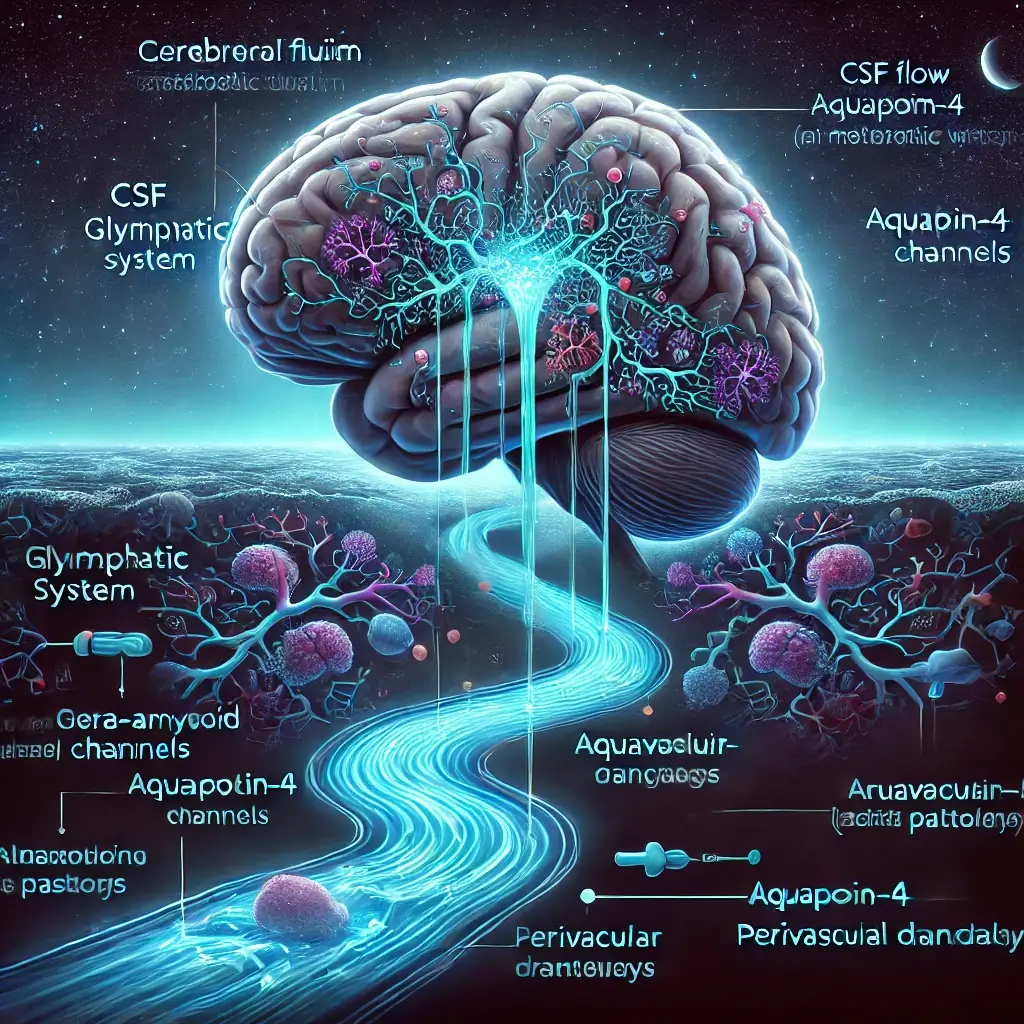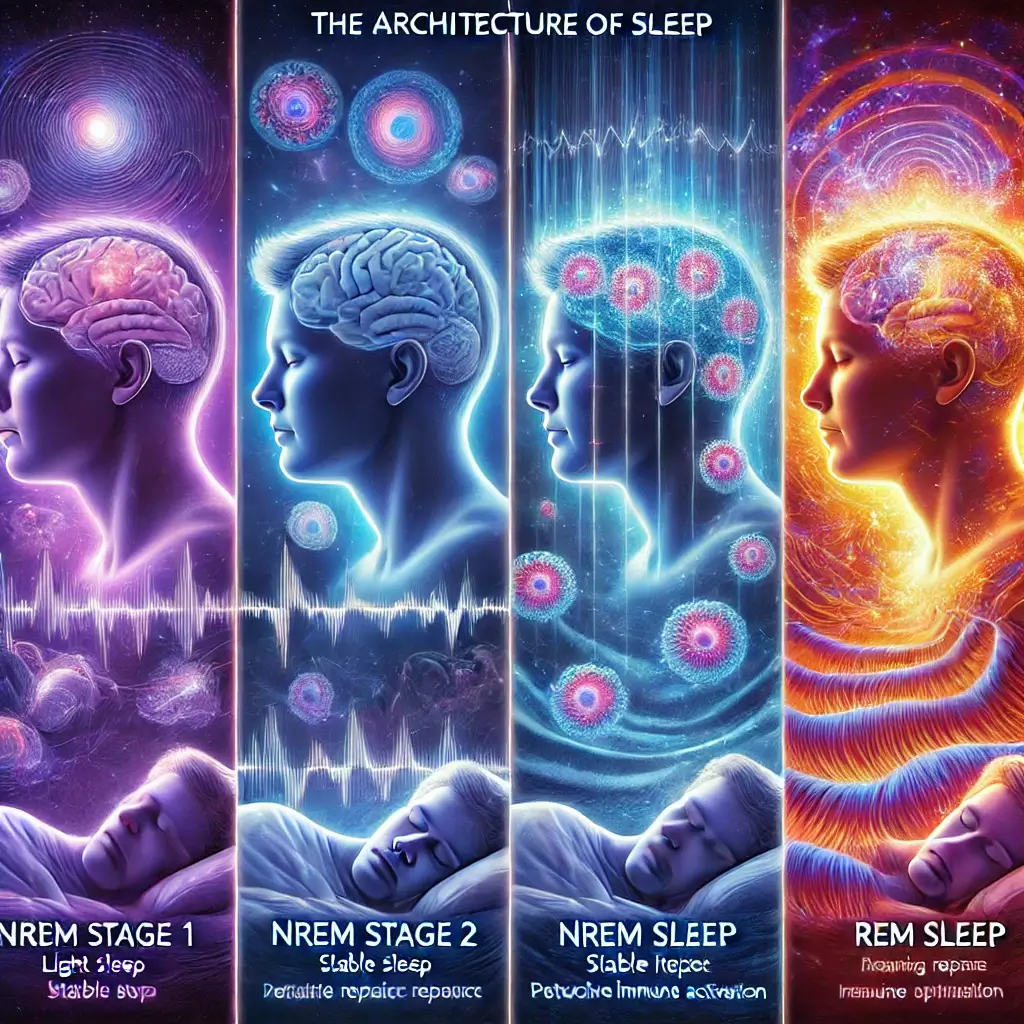Sleep Science: The Hidden Key to Boosting Your College GPA and Mental Health
Introduction to College Sleep Challenges
College is a time of exploration, growth, and opportunity. It’s also a period marked by high demands, whether academic, social, or personal. For many students, sleep is often the first thing sacrificed in the quest to manage these competing priorities. Yet, the evidence is clear: sacrificing sleep undermines the very goals students strive to achieve.
The Biological Necessity of Sleep
Sleep is not merely an escape from the hustle of the day; it is a biological necessity that drives cognitive efficiency, emotional stability, and physical health. The restorative processes that occur during sleep are critical for memory consolidation, problem-solving, and overall mental sharpness. Unfortunately, a majority of college students fail to meet the recommended 7–9 hours of sleep per night, leading to a range of detrimental effects, including impaired learning, mood instability, and weakened immune defenses.
Understanding Sleep Science and Success
This article delves into the critical role sleep plays in academic and personal success. By understanding the science behind sleep and adopting strategies to optimize sleep schedules, college students can build a foundation for peak performance and well-being.
Academic and Emotional Impacts of Sleep Deprivation
Sleep deprivation has far-reaching consequences, especially for college students navigating rigorous academic environments. Research indicates that chronic sleep loss significantly impairs the prefrontal cortex, a region of the brain essential for decision-making, focus, and critical thinking. Sleep-deprived students often report difficulties with concentration, diminished problem-solving abilities, and increased forgetfulness—key factors that undermine academic success.
Emotional Health and Sleep Connection
Moreover, the emotional toll of inadequate sleep can be profound. A study by Wittmann et al. (2006) highlighted a strong link between sleep deprivation and heightened risks of anxiety and depression. Sleep is vital for emotional regulation; without it, students may struggle to manage stress, maintain relationships, and stay motivated.
Impact of Circadian Rhythms on Student Life
Circadian rhythms, the body’s natural sleep-wake cycle, play a crucial role in determining sleep quality. For college students, these rhythms often conflict with early morning classes and late-night social activities. This misalignment, known as social jet lag, has been shown to impair both academic performance and physical health. A 2019 study in the Journal of Biological Rhythms found that students with irregular sleep patterns were more likely to experience fatigue, poor grades, and even metabolic issues (Roenneberg et al., 2019).
University Sleep Wellness Initiatives
Recognizing these challenges, many universities are introducing sleep wellness initiatives. Programs such as mindfulness training, blue-light blocking strategies, and flexible class scheduling are helping students regain control over their sleep cycles.
Strategies for Better Sleep in College
Achieving better sleep in the high-pressure environment of college requires intentional planning and commitment. Here are actionable steps students can take:
Sleep Schedule Consistency
Regular sleep and wake times, even on weekends, help regulate circadian rhythms and improve sleep quality.
Creating an Optimal Sleep Environment
Keep your room dark, quiet, and cool. Consider using blackout curtains, a white noise machine, or earplugs to minimize disturbances.
Digital Device Management
Reduce exposure to screens at least an hour before bed. The blue light from devices suppresses melatonin, a hormone crucial for sleep initiation.
Managing Stimulants and Substances
Avoid caffeine, nicotine, and alcohol in the evening. While caffeine can disrupt sleep, alcohol may fragment it, reducing overall quality.
Pre-Sleep Relaxation Techniques
Engage in calming pre-sleep activities, such as reading, meditating, or practicing deep-breathing exercises, to signal your body that it’s time to wind down.
Utilizing Campus Resources
Many universities offer sleep health workshops, counseling, and access to wellness tools like sleep trackers. These can provide valuable support in overcoming persistent sleep challenges.
Strategic Class Scheduling
Whenever possible, avoid scheduling early morning classes if you’re naturally a night owl. Aligning your academic responsibilities with your body’s natural rhythms can enhance alertness and performance.
The Role of Rest in College Success
Sleep is a cornerstone of success, both academically and personally. For college students, prioritizing sleep is not just about avoiding fatigue—it’s about building resilience, sharpening cognitive abilities, and fostering emotional stability. By adopting strategies that align with their unique needs and schedules, students can create a sleep routine that empowers them to excel in all areas of college life.
Final Thoughts on Sleep Priority
In the fast-paced and demanding world of higher education, sleep should not be an afterthought but a deliberate and non-negotiable part of every student’s routine. Embrace the power of rest as an essential tool for unlocking your potential and thriving in your college journey.
References
Roenneberg, T., Pilz, L. K., Zerbini, G., & Winnebeck, E. C. (2019). Social jetlag and its effects on academic performance. Journal of Biological Rhythms, 34(4), 337–347. https://doi.org/10.1177/0748730419854196
Wittmann, M., Dinan, L., & Weichold, S. (2006). Sleep and mental health. The Lancet, 367(9518), 1630–1640. https://pmc.ncbi.nlm.nih.gov/articles/PMC8651630/













